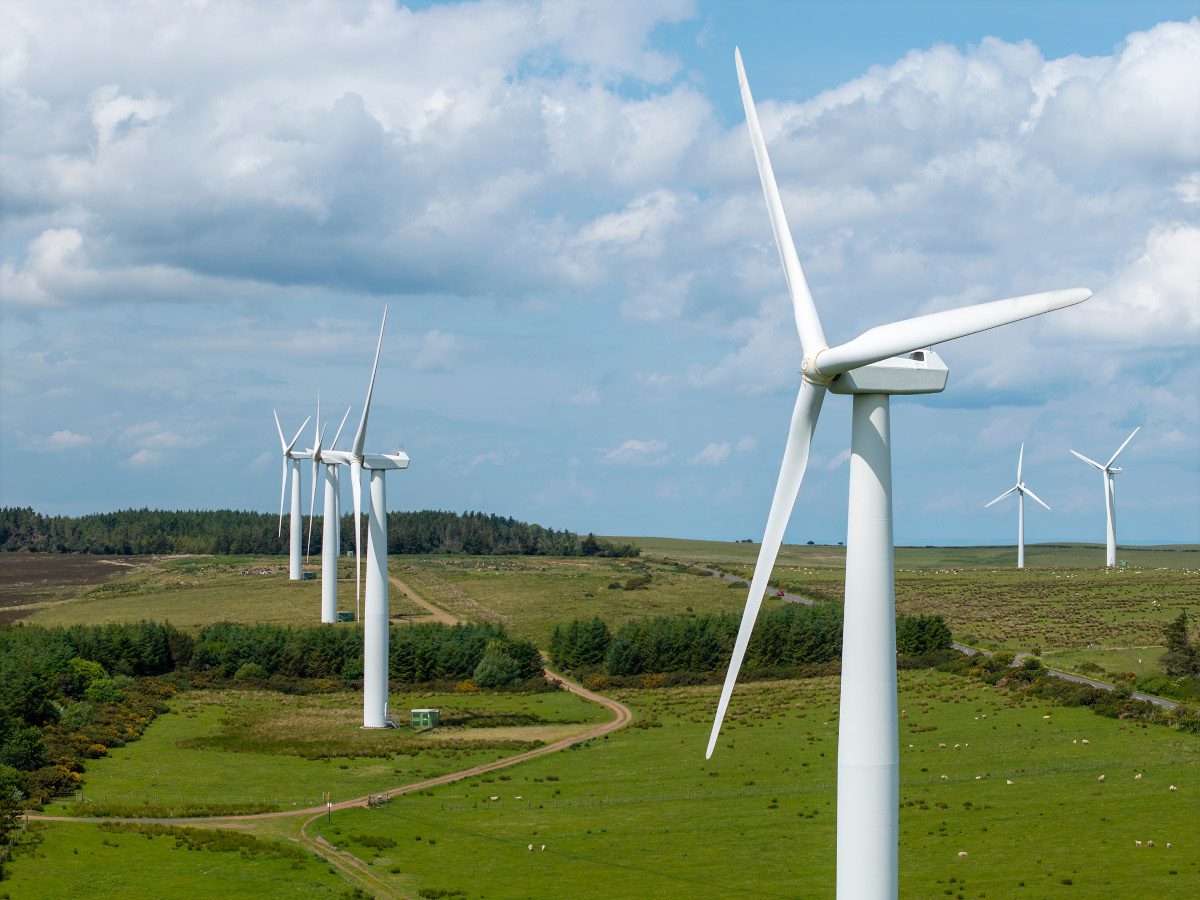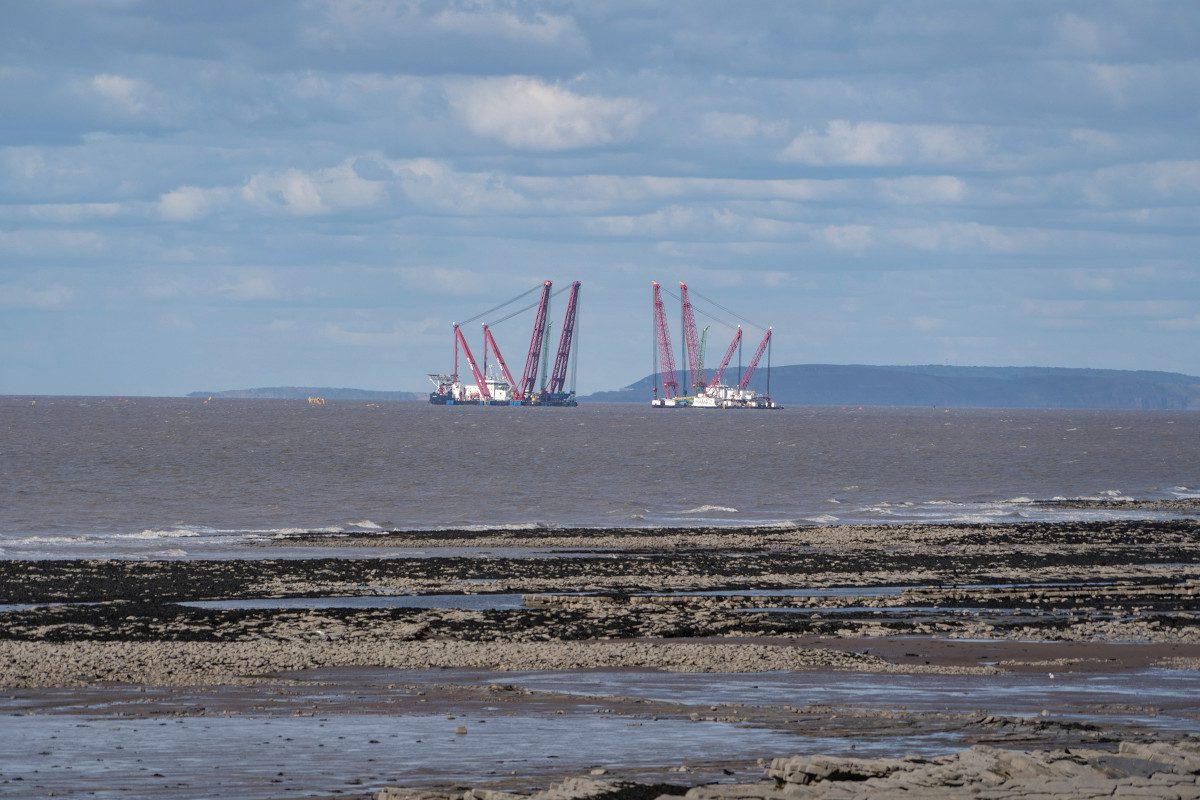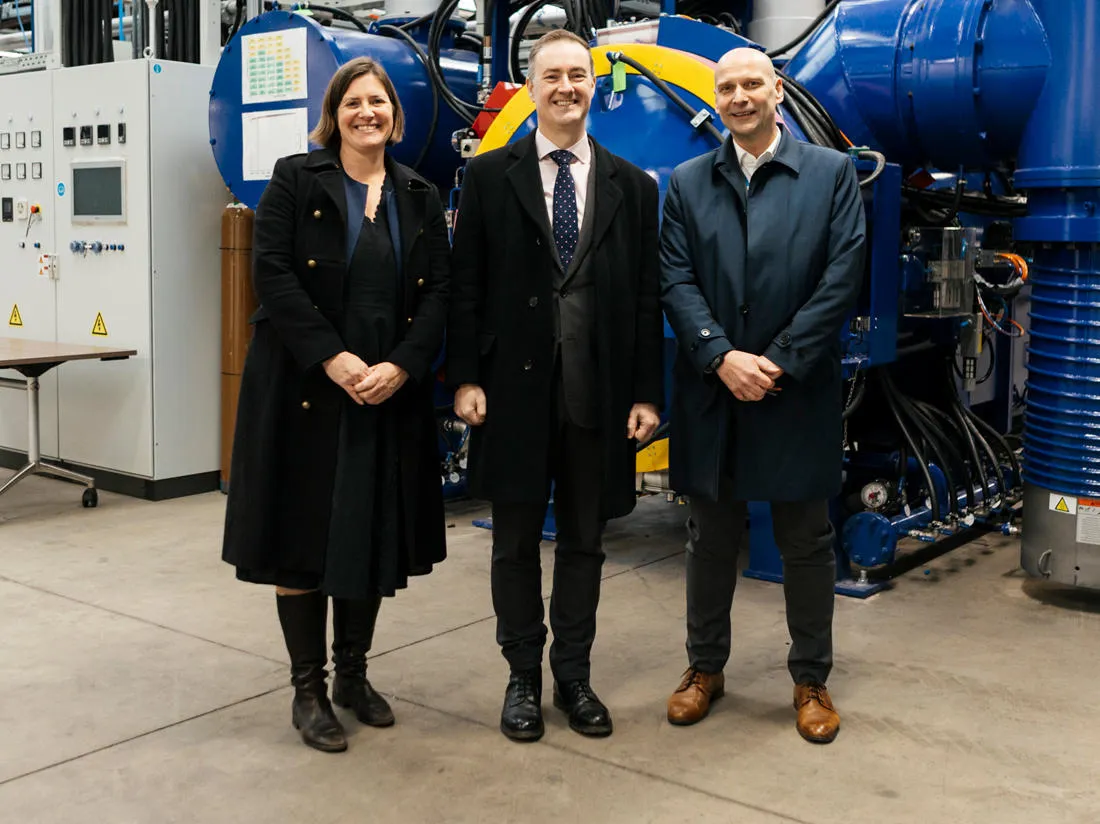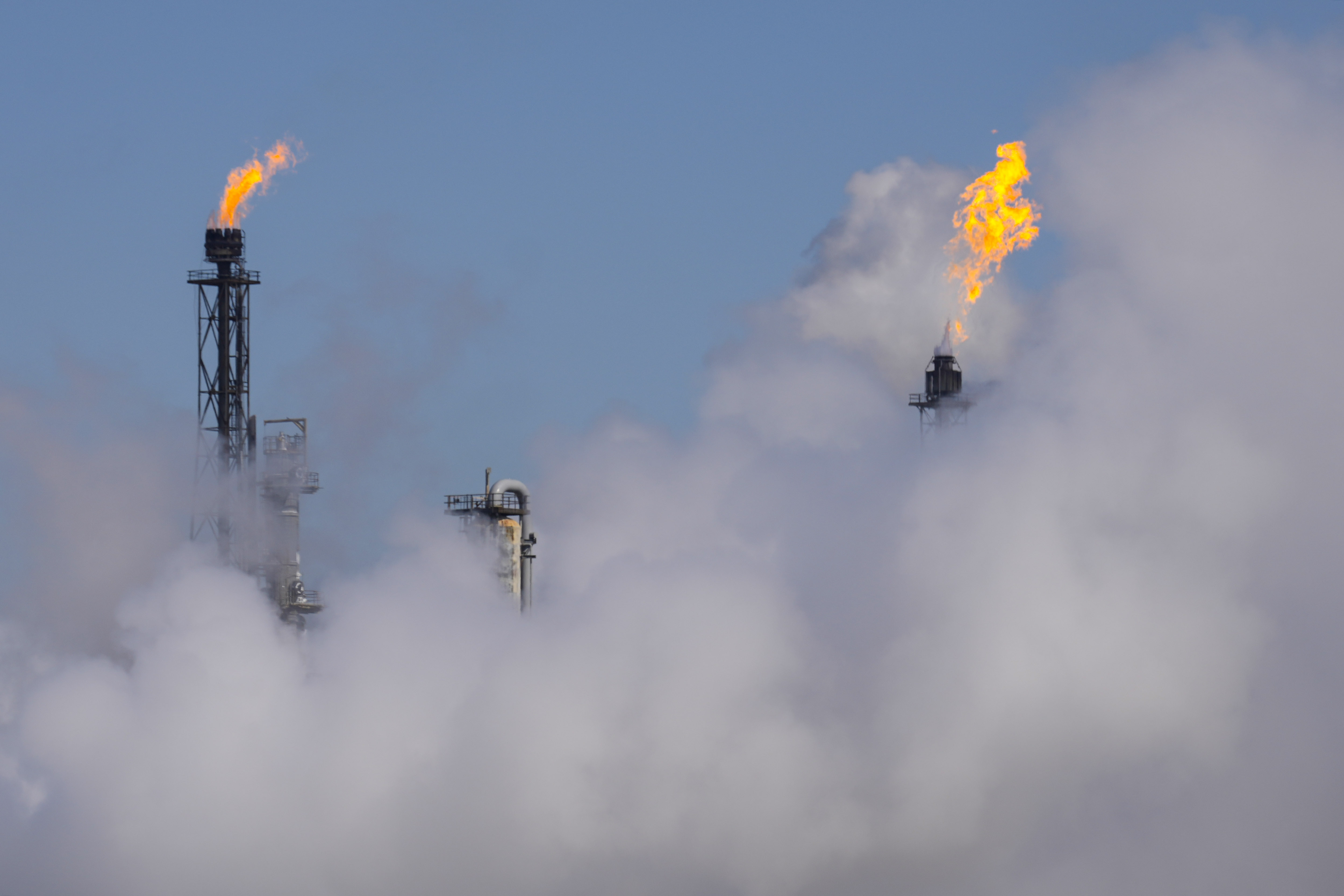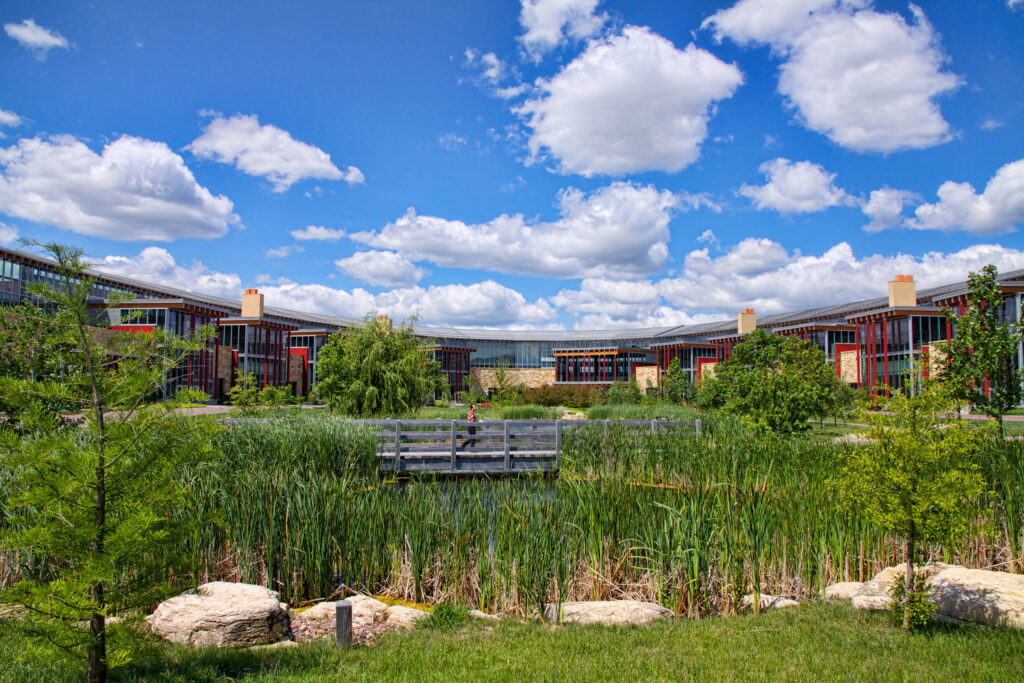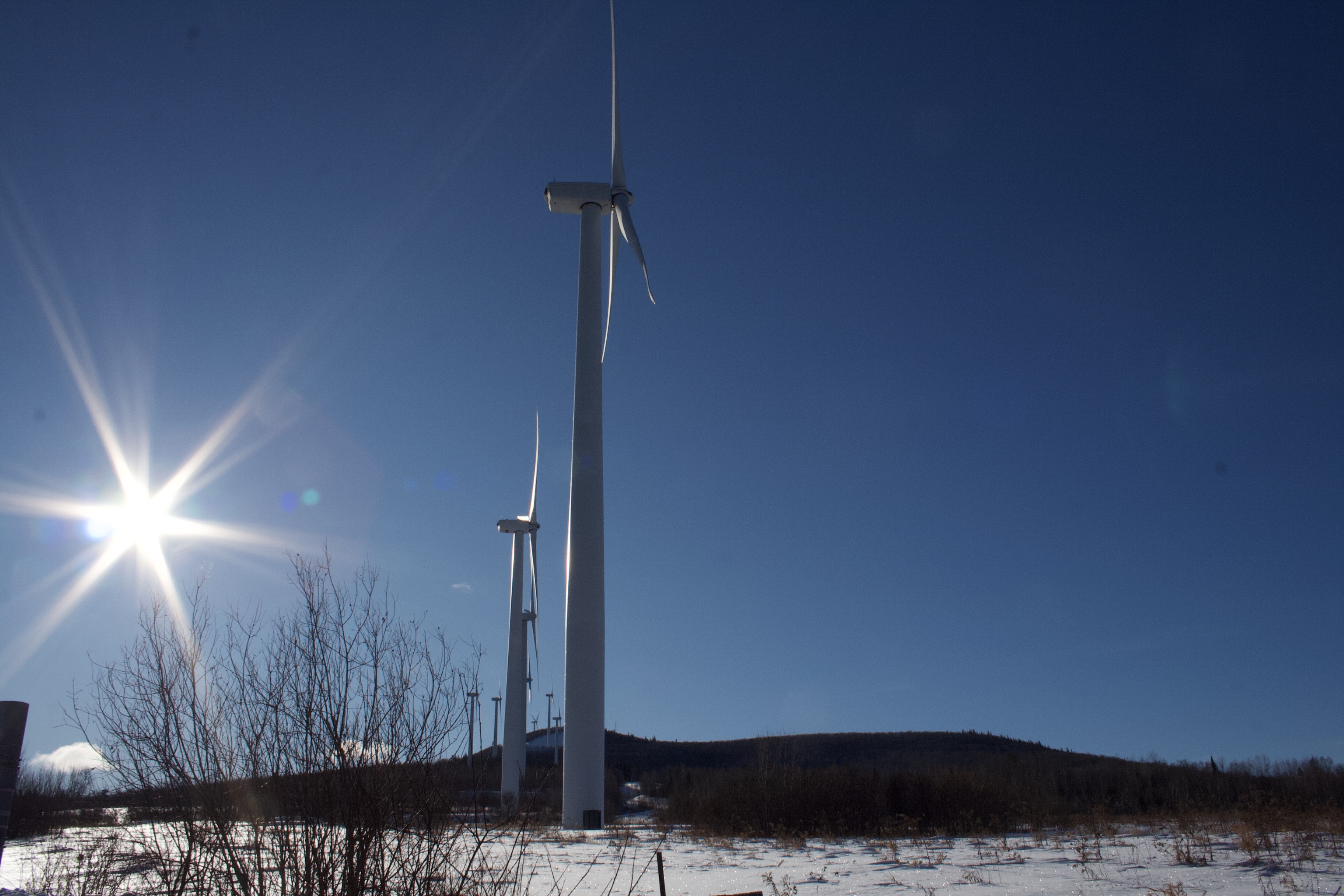A statement from Mark Lloyd, Chief Executive of The Rivers Trust
Yesterday [(25 November)], several prominent newspapers published articles quoting a government-commissioned report into the spiralling costs of EDF’s Hinkley Point C nuclear power station. These articles focused on the report’s claims that a planned fish deterrent system for the power station’s water intakes cost £700m and would “save the lives of 0.083 salmon, 0.028 sea trout, six river lamprey, 18 Allis shad and 528 twaite shad per year”.
These figures, being used to deride the vital importance of the fish deterrent, cannot be taken seriously.
The fish deterrent system at Hinkley is in fact priced at £50m, not £700m. The tiny numbers of fish the report claims it would save are based on EDF’s own modelling, and are preposterously small given that 3.5bn litres of water a day will be sucked into the power station. This is more than the flow of all the rivers flowing into the Severn Estuary.
Such a vast amount of water will undoubtedly contain huge quantities of fish and other marine creatures, many of which are on the verge of extinction. The water intake at Hinkley will come from the most densely populated part of the estuary, killing not just fish but lots of other wildlife, and the knock-on effects on breeding would be catastrophically felt for generations. The abundance of species in the Severn Estuary and their vulnerability is why the area has the highest levels of protection in environmental law.
EDF included the fish deterrent system in the plans it submitted to get this project approved. Instead of disingenuously blaming spiralling construction costs on perfectly reasonable measures to reduce damage to the environment, EDF should honour its commitment. Within a total budget of £45bn to build a nuclear power station at Hinkley, £50m is little more than a rounding error.
This report seems to be another. Within a total budget of £45bn, £50m is little more than a rounding error, and this story is another ridiculous attempt to frame nature as the one and only blocker to growth and prosperity, a narrative that the government seems intent on pushing as we build up to today’s Budget.
The truth is that growth and prosperity are utterly dependent on the health of our natural world. Whilst we recognise the urgent need for new energy infrastructure, the processes being proposed to remove or bypass environmental protections should concern us all. Development and nature can thrive together, but only if the safeguards designed to protect our wildlife, and communities remain in place.




